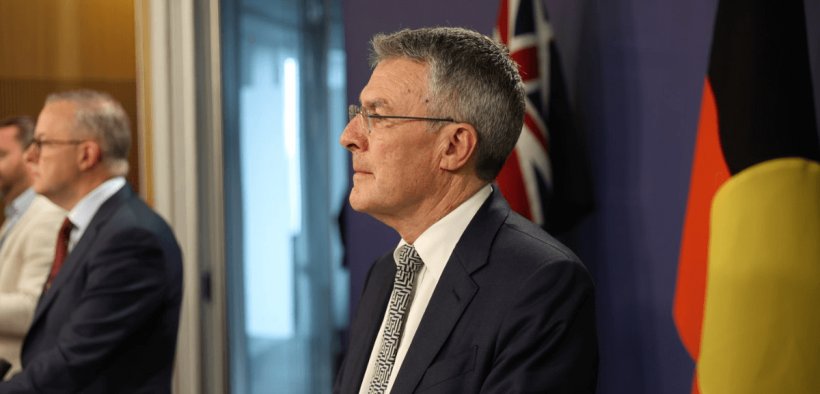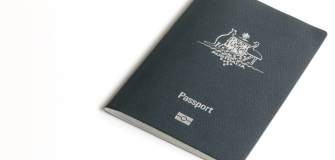Federal gov defends high bar on anti-corruption watchdog bill
Share

The federal government’s long-awaited anti-corruption watchdog bill will be scrutinised by a committee of MPs after the opposition provided in-principle support for the new body.
Attorney-General Mark Dreyfus introduced the bill to parliament on Wednesday, outlining how it will operate independently from the government. However, the attorney-general defended the decision to allow the commission to conduct private hearings, saying the public will be informed of misconduct and corruption through public reporting.
“I’m not going to go through whose idea was which but I can say that there have been incredibly high levels of participation and cooperation across the parliament in getting the balance right with this legislation,” he said.
“We are confident that we’ve got the balance right.”
The federal government has committed $262 million in the next four years for the establishment and ongoing operation of the Commission.
This will ensure the Commission has the staff, capabilities and capacity to properly consider referrals and allegations, conduct timely investigations and undertake corruption prevention and education activities across the commonwealth public sector.
Under the bill, public hearings will only be held in “exceptional circumstances”.
Opposition Leader Peter Dutton believes the government has the balance right with this as he doesn’t want public hearings to become “show trials”.
“I want people who have committed a crime to go to jail,” he said.
“I don’t want a situation where somebody has their reputation trashed and after a couple of years they don’t even know whether or not the investigation is still at hand.”
Crossbenchers have raised concerns the “exceptional circumstances” threshold is too high but the government says closed hearings would be the default.
Independent MP Helen Haines said she will closely scrutinise the bill in the coming weeks to ensure it remains a strong watchdog.
“It’s not clear why the ‘exceptional circumstances’ test has been included and I am concerned it creates an unnecessary extra hurdle,” she said.
While offering in-principle support, the opposition will wait for a joint parliamentary inquiry to report back on the corruption watchdog bill in November before making a final decision.
“You’ll normally get the inquiry process, it’ll throw up amendments, things we haven’t thought of, concerns that haven’t been dealt with,” Mr Dutton said.
“That’s the time at which the party room can consider it but we’ve got an in-principle stance.”
Mr Dutton also thinks the government should consult him as a courtesy on the commissioner’s selection.
The joint committee of MPs and senators will report back by November 10.
The committee will accept submissions and hold public hearings.
With AAP
Eliza is a content producer and editor at Public Spectrum. She is an experienced writer on topics related to the government and to the public, as well as stories that uplift and improve the community.


Today’s Pick
11th Annual Aus Goverment Data Summit
April 1, 2025
7th Annual NZ Government Data Summit
May 7, 2025
3rd Public Sector Comms Week
May 14, 2025
Subscribe
We send emails,
but we do not spam
Join our mailing list to be on the front lines of healthcare , get exclusive content, and promos.
AI appointment Australia Australian boost boosts business businesses covid-19 cyber cyber attack cybersecurity cyber security data data breach data management defence Digital employment enhance enhances fraud funding governance government grants infrastructure Innovation Lockdown management new zealand NSW NZ online privacy public Public Sector queensland renewable energy scams security Social Media Technology telecommunications victoria
-

Understanding and building your digital strategy
Digital Government, Opinion
-

Featured Leader: Jamie Morse on multi-channel strategies for communication
Communications, Featured Leader
-

Featured Leader: Tegan Tembe of NSW Treasury on creating solid planning strategies and processes
Featured Leader
-

Wirraka Maya Health Service improves patient care with My Health Record
Learning
Show More-

Effects of ineffective communication in the workplace
Communications, Personal Development
-

7 ways you can enhance your personal development skills
News, Personal Development
-

5 advantages of working in the public sector
News, Personal Development, Professional Development
-

7 causes of communication issues in the workplace
Communications, News, Personal Development
Show MoreLast Viewed